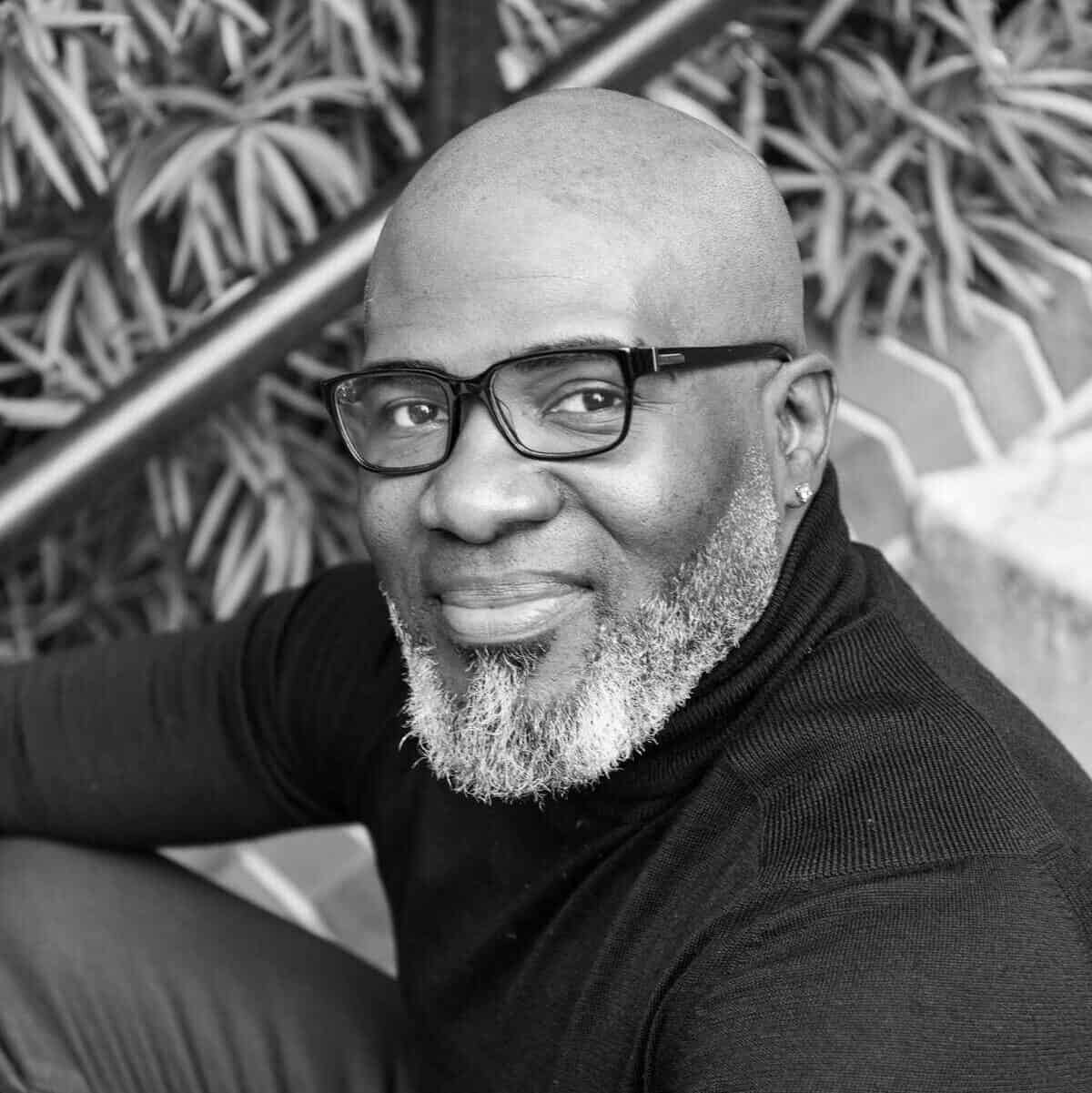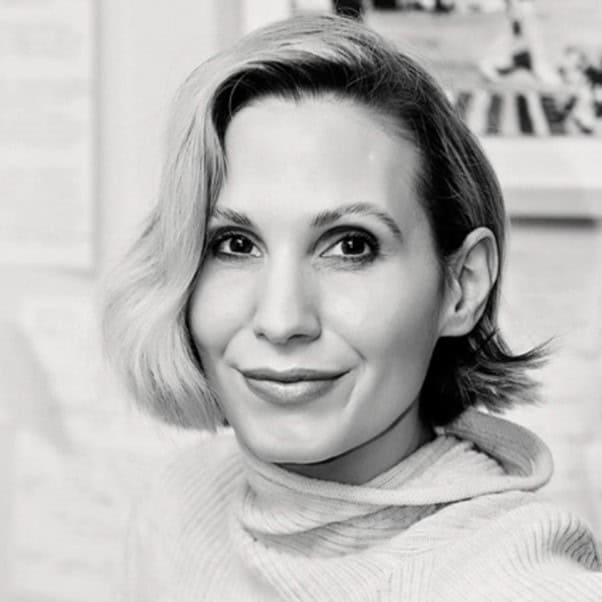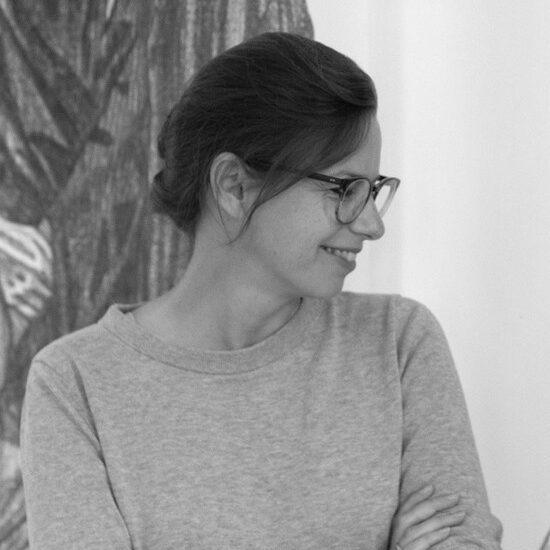
- This event has passed.
Culture is Bad for You
1st April 2025 6:00 PM – 7:30 PM BST
Culture is Bad for You offers a powerful call to transform the cultural and creative industries, by examining the intersections between race, class, and gender in inequalities in cultural occupations. Exclusion from culture begins at an early age, the authors argue, and despite claims by cultural institutions and businesses to hire talented and hardworking individuals, women, people of colour, and those from working-class backgrounds are systematically disbarred. Since its publication in 2020 the book has proved a powerful provocation to policymakers and cultural practitioners, and found resonance in cultural policy and sociology researchers internationally.
To mark the publication of a new, updated edition, this event will bring together scholars from around the world with the authors to discuss the mechanisms of exclusion in cultural work and how they are mirrored in other national and policy contexts.
This event is hosted in partnership with the Edinburgh Centre for Data, Culture & Society (CDCS).
Speaker Biographies

Orian Brook is Chancellor’s Fellow in Social Policy at the University of Edinburgh. She studies social and spatial inequalities in the creative economy, and holds an ESRC ADR Fellowship exploring earnings of creative graduates. She is co-author of the book Culture is Bad for You and the report ‘A Class Act: Social mobility and the creative industries’ published with the Sutton Trust. She is a member of the College of Experts for the Department for Culture, Media and Sport.

Dave O’Brien is Professor of Cultural and Creative Industries at the School of Arts, Languages and Cultures, University of Manchester. He is the co-author of Culture is bad for you, and has written numerous papers on the contemporary creative economy. His policy research includes a role in the AHRC-funded Creative Industries Policy and Evidence Centre, the co-authored Panic! report, and the Creative Diversity APPG’s Creative Majority and the Making the Creative Majority reports. He has twice been an advisor to the House of Commons’ Culture, Media and Sport Select Committee, and is currently on a research secondment to the UK government’s Department for Culture, Media and Sport.

antonio c. cuyler, PhD (he/him/his) is Professor of Music in Entrepreneurship & Leadership, Faculty Associate in Voice & Opera in the School of Music, Theatre & Dance (SMTD), and Faculty Associate in the African Studies Center at the University of Michigan. Dr. cuyler’s scholarship interweaves curiosities and inquiries about arts administration, entrepreneurship, leadership, management curricula, creative justice, cultural policy, and experiential learning. The central question of his consulting, research, service, and teaching portfolio is, “in what ways can the creative sector ensure and protect the creative justice of historically and continuously low casted, othered, and subalterned peoples?” Routledge will publish his forthcoming book, Achieving Creative Justice in the U. S. Creative Sector, in March.

Elysia Lechelt is a Lecturer in the School of Art History at the University of Edinburgh. Specialising in cultural policy, her research questions how we might begin to (re)imagine cultural policy in ways that move it away from dominant imperatives and notions of cultural value and towards issues of social justice and human flourishing. Her expertise encompasses urban and regional cultural policy practices, creative industries, and cultural labour. Furthermore, she has authored and presented work on participatory (or co-produced) cultural policy processes. Elysia is committed to investigating the essential role of art and culture in promoting a more equitable and sustainable society. Currently, she is examining how a capability approach can be utilised to understand the arts’ potential to enhance collective well-being and drive transformative policy change. Before entering academia, Elysia gained experience in the cultural sector, working with organisations such as Contemporary Calgary, where she managed public programming, audience development, and community outreach initiatives.

Beata M. Kowalczyk is an assistant professor at the Faculty of Sociology, Adam Mickiewicz University in Poznań, Poland, and an associated researcher at the Institutions et Dynamiques Historiques de l’Économie et de la Société (Paris 1 Panthéone Sorbonne). Currently, she is a Nawa Bekker Research Fellow at the School of Social and Political Science, University of Edinburgh. She has conducted multi-sited fieldwork on the working conditions in the arts, with a focus on Japanese musicians navigating the professional landscape of the classical music industry in Warsaw, Paris, and Tokyo. Her research has been published in Recherches sociologiques et anthropologiques, Work, Gender & Organization, Men and Masculinities and other outlets. She is also the author of Transnational Musicians. Precariousness, Ethnicity and Gender in the Creative Industry (Routledge, 2021).

Inés Ruiz Alvarado is UNESCO Chair in Public Policy and Cultural Management at the Universidad Científica del Sur, and Co-Chair of the Executive Committee of the Latin American Studies Association (LASA) Peru. Her research focuses on social and gender inequalities, particularly examining the intersections of gender, race, and class. Her career spans key areas such as gender studies, human rights, and community communication. Her doctoral research examined the consequences of forced sterilization campaigns on the lives of affected women, culminating in the book Pájaros de Medianoche. Las esterilizaciones forzadas en el Perú y la lucha de sus víctimas por ser reconocidas (Editorial Planeta) and the documentary A Futile Voice, which delves into their struggles for recognition and justice. Her work bridges academic research and creative expression, advocating for transformative change in social landscapes.

Kirsten Lloyd is a Senior Lecturer in the School of History of Art at The University of Edinburgh. Her research focuses on late 20th and 21st art and mediation, including lens-based practice, participatory work and realism. She is a Research Fellow with the ‘Feminism, Art, Maintenance’ project, funded by the Swedish Research Council, a member of the Glasgow Housing Struggles collective and the Academic Lead for the University’s Contemporary Art Research Collection. Kirsten is currently working on the next phase of the collaborative exhibition and research project Life Support: Forms of Care in Art and Activism with Glasgow Women’s Library and a book called Contemporary Art and Capitalist Life which has been supported by a Leverhulme Research Fellowship.






